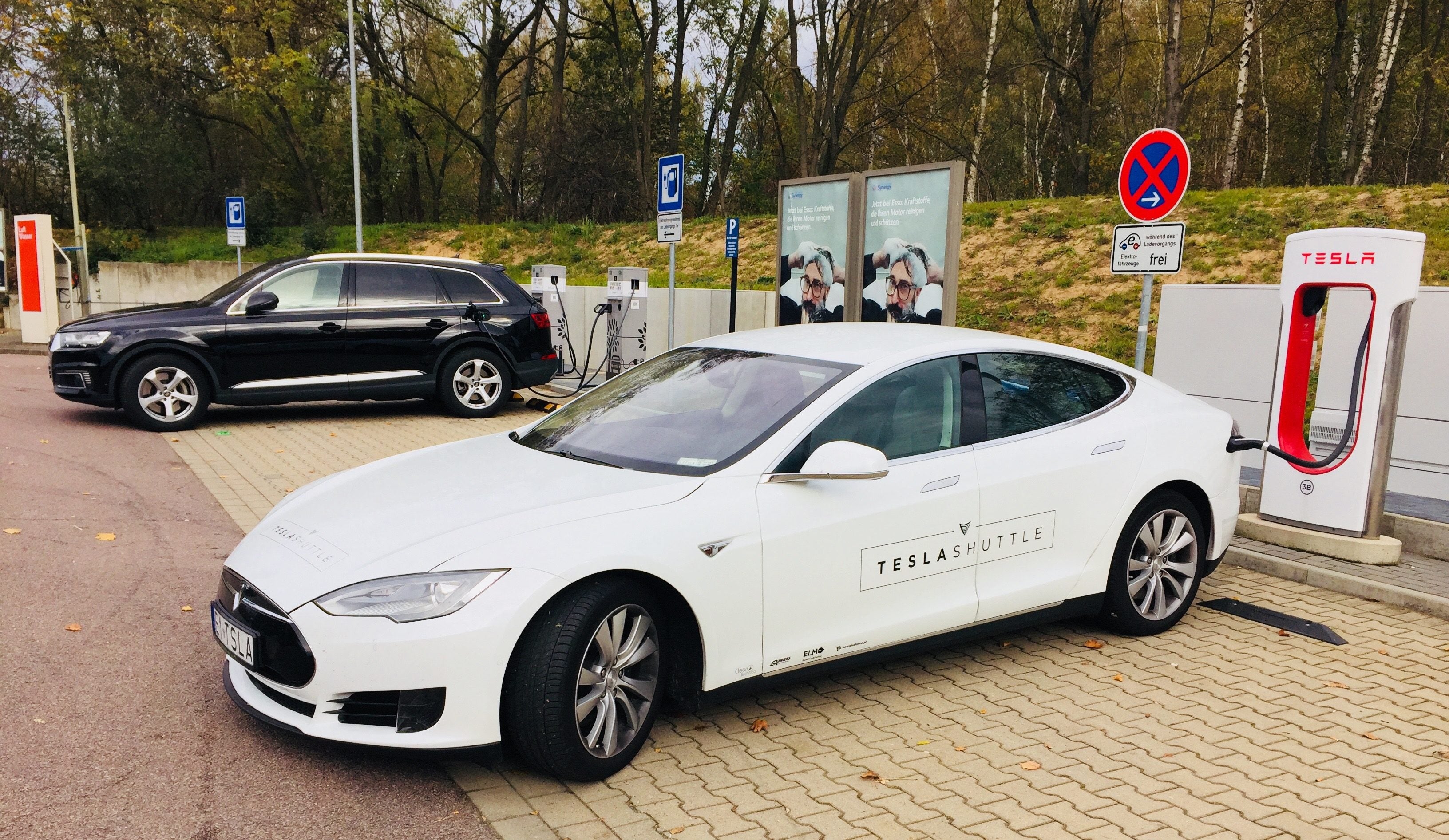The nation pledged to cut its carbon emissions by 55% compared to 1990 levels and do so by 2030, but so far, emissions have only reduced by 30%. This leaves a long way to go, and possibly a nasty uphill fight to get there. Süddeutsche Zeitung writes that the Council recommends a fee on motor fuel and heating oil as the best way to achieve the reductions on schedule.

Christoph Schmidt, chairman of the Council of Economic Experts, argues that Germany’s current climate policies are chaotic and ineffective. “The current debate offers the historic opportunity to change the fragmented, expensive, and inefficient German climate policy in such a way that the focus is on the price of CO₂,” he says, adding that a coordinated global approach will be necessary in order to meet the challenges of climate change.
The panel of experts proposes a price of between 25 and 50 euros per ton of carbon dioxide emitted. Environment minister Svenja Schulze is in favor of 35 euros as a good place to begin. This would raise the price of gasoline and diesel fuel by about 10 cents per gallon. The lower the initial tariff, however, the sharper the future increases would have to be to make sure Germany reaches its carbon reduction goals on time.
Social justice is a primary concern when it comes to discussions of carbon adjustment fees. In an opinion piece for SZ, Marcus Balzer argues that the world of transportation will have to change if carbon reduction targets are to be met. “Despite all the protests for a better climate, Germans fly so much more than ever before. Intervention in the price could exacerbate social problems in society. Low income people spend more of their income on mobility and energy. A higher fuel or fuel price will hit them hard. In particular, they find it harder to switch to more climate friendly forms of mobility. Buying a new electric or hybrid car is simply not a possibility for them. Higher fuel prices could perhaps persuade more people to move to the cities [where public transportation options are greater.]”
Clearly, the burden falling on someone making minimum wage will be significantly greater than on someone who is earning a hedge fund manager’s salary. It is commonly understood that none of these fees should be treated as general income for the treasury. Most of the money raised should be returned to the citizens with an extra dollop going to those who are economically disadvantaged.
Don’t Call It A Climate Tax!
Let’s stop for a minute to define the terms of the debate. The experts are referring to the fee as a tax, but is it really? That question is more than just semantics. Economists don’t use the word “tax” in the same sense as ordinary citizens do. To them, it is a term of art that is part of their professional lexicon. Nobody ever wants to pay a tax under any circumstances (except Warren Buffett, perhaps).
Burning fossil fuels imposes costs on society. Not only do carbon emissions contribute to a warming environment, but the particulates created when oil, diesel, coal, and natural gas are burned lead to an array of health issues ranging from pulmonary disease to a reduced life span. Yet the companies that produce those fuels pay nothing for the harm they do. Economists refer to that as an “untaxed externality”.
A carbon fee is not a tax in the ordinary sense. Call it an “environmental assessment”, or “a way to make fossil fuel companies pay their fair share for the damage they do”. Just don’t call it a tax, which causes most people to oppose it immediately.
Cheap fossil fuel has turned us all into energy junkies. We want big vehicles, cheap air travel, and low utility rates because that’s the way it has always been. We don’t know how to stop our profligate habits. Daring to raise the cost of necessities like gasoline or heating oil prompts public outrage, as happened in France earlier this year when the “yellow vests” protests broke out.
On the other hand, Switzerland imposed a 100 euro per ton levy on carbon without a peep of protest. We need to think about why that is.
After receiving the recommendations of the economists, chancellor Angela Merkel endorsed market based solutions rather than relying on government intervention through prohibitions and restrictions, which create a great deal of dissatisfaction within the European Union community. There is little doubt the whole Brexit quagmire was the result of people in the UK feeling they were being pushed around by faceless bureaucrats in Brussels.
The bottom line is that fossil fuel companies must be assessed a fee to offset the damage they do to people and the environment, and that fee will make their products less competitive. So be it. If we have any hope of crafting an effective response to the challenge of climate change, such a fee must be part of the plan. But words matter.
Calling such a fee a tax is guaranteed to generate opposition, so stop calling it that! No one needs to apologize for asking fossil fuel companies to shoulder their fair share, even if it comes 100 years too late.